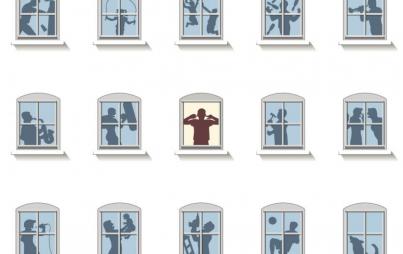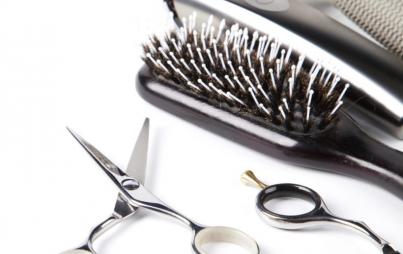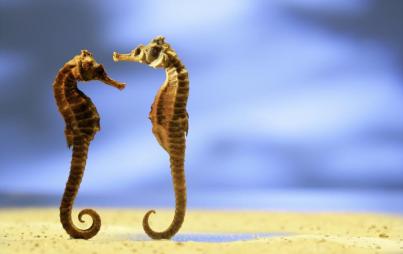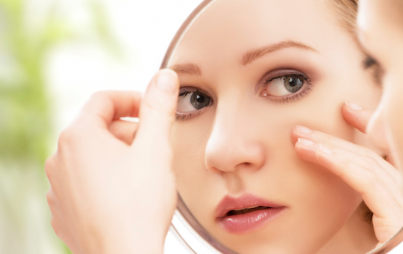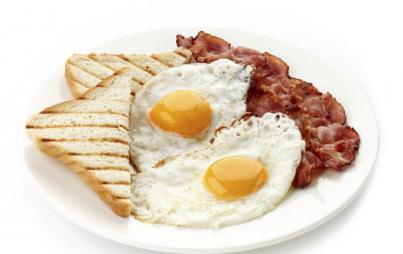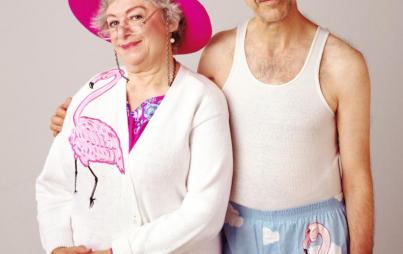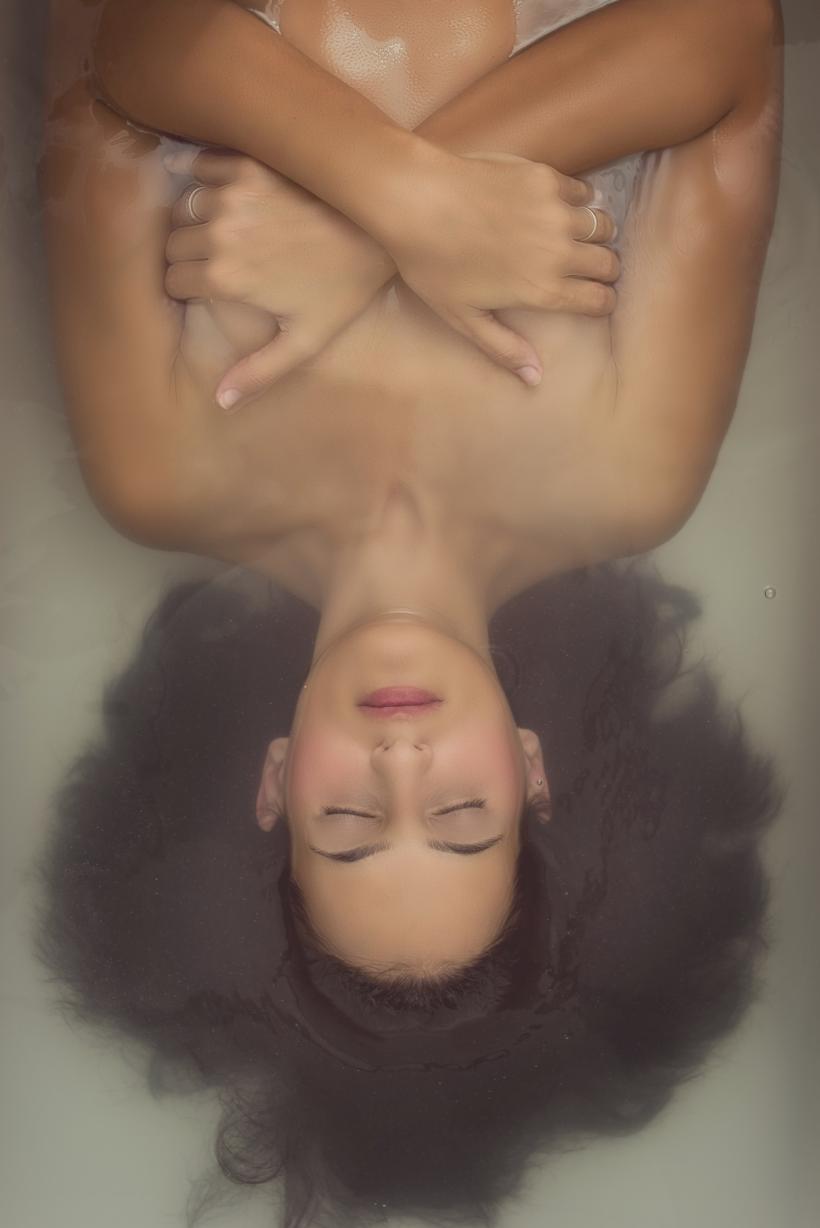
She soaked, submerged in the tub, surrounded by white—white tiles, white porcelain, water tinted the slightest tone of gray.
Eye-level with a round-nosed faucet, she started a conversation. Where did you come from? She wanted to know. What human hand, she wondered, pressed the mold that made the machine that pressed the mold that crafted this faucet from a hunk of raw metal snatched from the earth?
She couldn’t imagine the water she sat in, the water that enveloped her body, wanted to be here. She doubted it had a choice in the many diversions it took to get to her bathtub ringed with shaved leg hairs and soapsuds. The number of human hands that must have touched every surface of the bathroom confounded her.
Aren’t we all made of the same thing? Am I really any different from you? She asked. But then this wasn’t really a conversation. The faucet faced her blankly, unmoving and unnerved. In it, she saw her own reflection.
Who’s to say a human has more of a right than anything else to place value on things? The faucet could not account for this. The faucet did not judge. The faucet did not have a means by which it could judge. The faucet did not know it was a faucet.
She splashed water on her face and felt the slick residue of oil glazing her pores. She would never admit it openly, but because she was conversing with a faucet, she shared her opinion—that she could not see any intrinsic worth in people. There. She said it. It was an awful, hideous thing for her to say. She knew.
So when the faucet leaked a single bead of water, she couldn’t help but hear it as a response—the plunk, an objection. Maybe we’re more different than I thought, she said.


